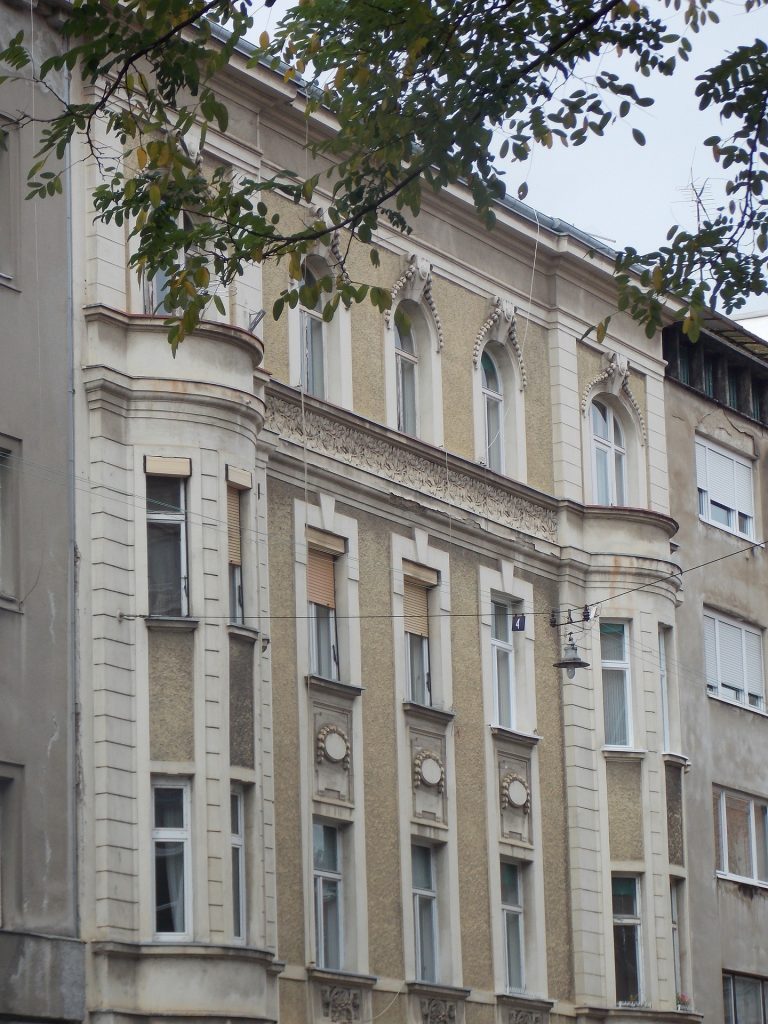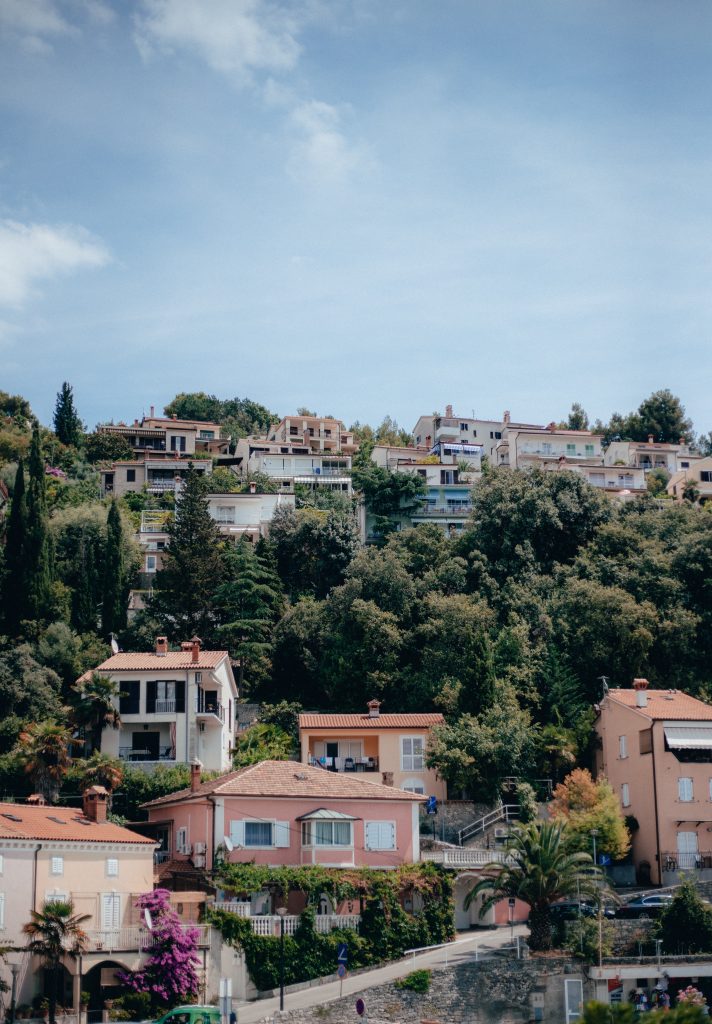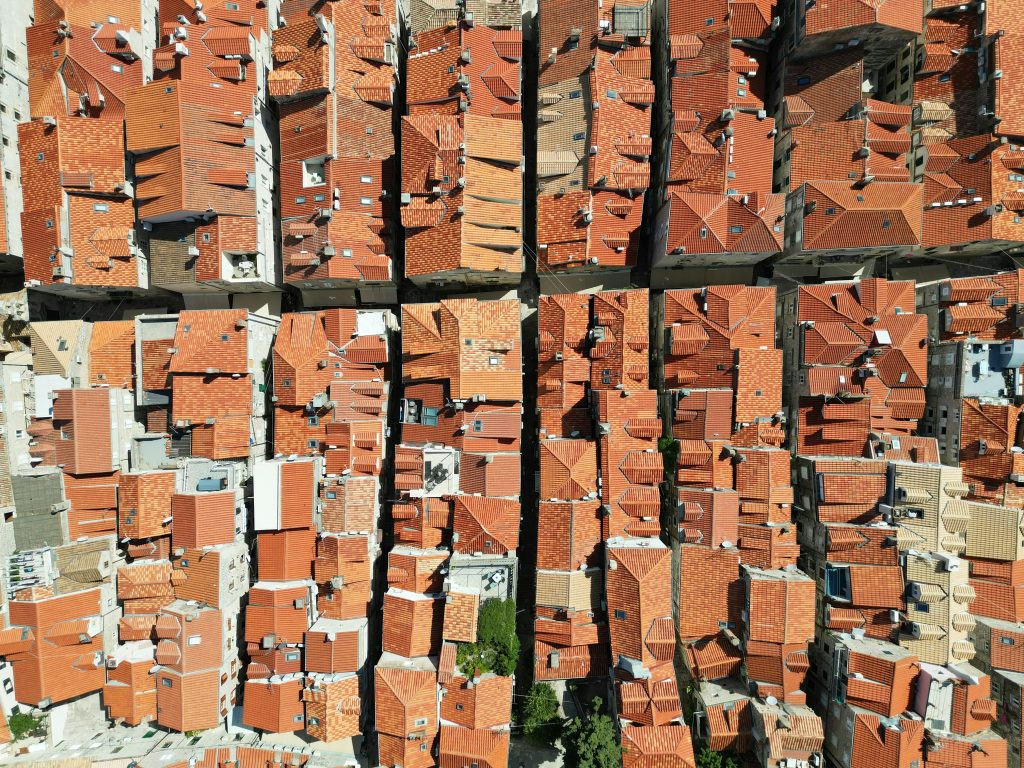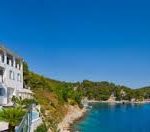December the 21st, 2023 – Despite the fact that Croatian properties have never been more expensive than they currently are, around 600,000 apartments are sitting empty, representing yet another paradox.
As Marina Klepo/Jutarnji/Novac writes, as if Croatia wasn’t already full of enough paradoxes, another one on the real estate market has come to be. There are an increasing number of totally empty apartments across the country, and at the same time, Croatian properties have never been more costly.
The 2021 census revealed all

This has now finally been confirmed by official statistics. In a decade, the number of uninhabited apartments in this country has increased by 43 percent, to around 600,000, and Croatia also has 231 thousand holiday homes, the Central Bureau of Statistics (CBS) recently announced, citing data from the Population Census taken two years ago (in 2021).
At the same time, from 2011 to 2021, the number of apartments in Croatia increased by 6.5 percent, to 2.4 million, while the number of occupied apartments decreased by 4.2 percent. “Uninhabited” are those apartments, explained the CBS, which at the time of the creation of the List “weren’t being used for permanent residence, and this can be for the following reasons: an unoccupied apartment in a new building in which moving in is permitted, an apartment that needs to be rented or sold, an apartment is vacant due to relocation, repairs or other reasons”.
Is this trend altering?

One of the reasons for the increase in the number of empty apartments is probably the increased emigration of residents, but Dubravko Ranilović, president of the Real Estate Business Association at the Croatian Chamber of Commerce (HGK), believes that many things have coincided in recent years that have helped this trend.
“We had economic growth, low interest rates, high inflation and increased investments in real estate. However, with the rise in interest rates, this trend is changing, and the number of transactions is decreasing,” explained Ranilović. Among the many empty apartments, he believes that a large part of that list is actually occupied by apartments intended for tourist rental, as well as real estate that was bought by foreigners in Croatia in recent years.
Lana Mihaljinac Knežević from the real estate agency Zagreb West also holds a similar opinion. According to her, the accumulated number of empty apartments is related to several key factors. First of all, with the fact that Croatian citizens prefer to invest their savings in real estate. This traditional approach to investing was further fuelled by years of historically low interest rates, which made keeping savings in the bank unprofitable. Then, high incomes from tourism, which are taxed at a low rate, and a large, growing number of people who have their own funds for investments generated from tourism itself.
“A tax policy that doesn’t in any way stimulate the activation of real estate that the owners don’t use for living or rent, and finally, a lot was purchased in the past year due to the introduction of the euro, and also over the last two due to the increase in inflation,” she explained.
The problem of empty apartments has been recognised for some time, and recently it was possible to hear estimates that there are around 54,000 empty apartments in the City of Zagreb alone, and 8,600 down in Split. How might we solve the problem of conflicting trends, empty and yet wildly expensive Croatian properties? Many economists and experts believe that the trend of excessive investment in real estate and the issue of affordable housing must be solved through the introduction of a proper, high-quality tax policy. Although he doesn’t advocate for a general tax on Croatian properties, Ranilović believes that taxing empty real estate would be useful.
Taxation disparities

“There’s a big disparity in the taxation of tourist and long-term rent when it comes to Croatian properties. While long-term rent is taxed at a rate of 12 percent, in tourism, this rate barely stands at 1 percent,” he explained. After giving up subsidising loans, the Croatian Government made a decision back in April to create the first strategic document that deals with properly and more clearly defining the housing policy. It will be interesting to note how any new introductions will play out, as Croatian properties continue to soar in terms of price and rapidly empty for a multitude of reasons.









